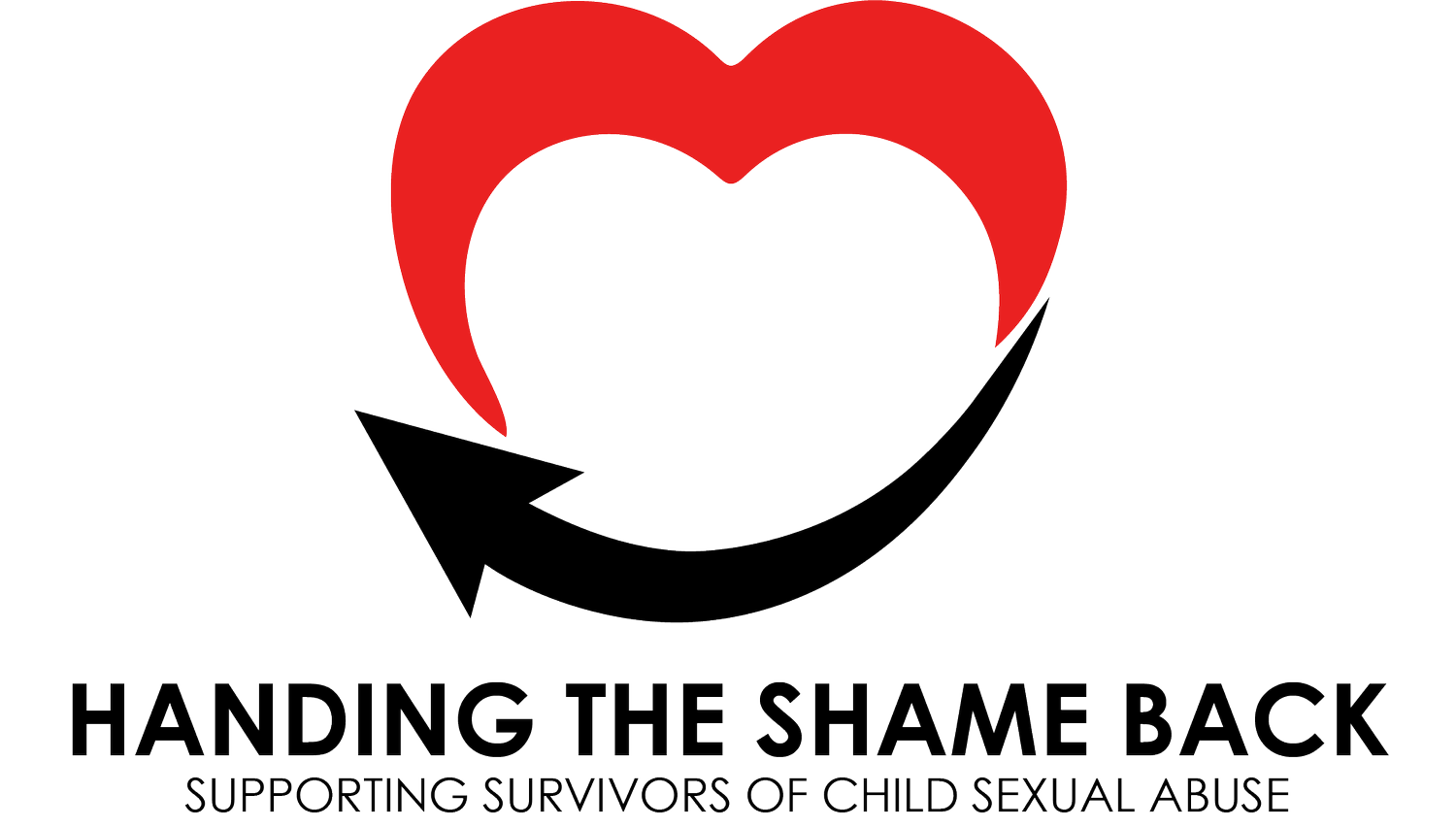Finding You
In the process of recovering from your abuse you will notice the impacts on you.
Though these differ from survivor to survivor, there is one that is not often recognised, let alone discussed, and that is the false self.
The self you used to help cope with the trauma.
The healing in essence, must be in finding you.
Before I launch in: We know the common symptoms among survivors are things like, post-traumatic stress disorder or PTSD, complex post-traumatic stress disorder or CPTSD, as well as many other related issues like, hypervigilance, anxiety, guilt, self-blame, feeling unable to fit in, and so on.
More than likely addiction will have surfaced as in, overwork, food, drugs, alcohol, gambling, spending and so on. There are also issues like suicidal ideation and even suicide, and an inability to achieve potential because that was taken away.
What I am focusing on today is the false self and reclaiming the real you. Because it is not often discussed it can remain a scary concept and therefore a little bit frightening to tap into. I’m here to reassure you that in starting a conversation around this you will feel less intimidated by it. My personal experience of the ‘false self’ – led me to never show who I really was. I was conditioned you see, to be the best child sex slave I could be. This meant the smile was firmly fixed, the body language was that of docile servant, and the attitude was one of ‘do whatever you want to me, I will still be here happily supplying your needs’.
As a child when this was all happening my brain and mind were unable to understand that I was in fact shutting down the real me, the authentic me, and, sadly, it would be decades before I discovered who that was.
The best thing I ever did was to reclaim myself, and you can too.
A simple way to start is to ask yourself how often you are behaving in a way that is fake, or not how you really feel. The next question is to gently, ask yourself why. Why am I behaving in a way that isn’t reflective of how I feel? By noting these answers down, you are more likely to reach somewhat of an understanding as to why you cannot be the real you. The answer may be that you are not safe, or feeling safe enough to reveal who you really are, which brings me to: Are the people this happens with, not able to accept you may be different or have a different opinion to them? Are they also unable to accept the beautiful spirit that resides within you and makes you the person you are? If the answer to both is yes, the problem does not solely lie with you, it also belongs to them.
Your challenge is to make sense of why your voice cannot be used, is it because it triggers you back into childhood, where you were shut down because you tried to speak? Or because the dominant person, the abuser threatened you? To make sense of you, you must accept it is now impacting you as an adult.
Until you recognise you don’t feel safe to be the authentic you – you won’t be able to change it. There is no shame in discovering that you’re not comfortable being yourself, it is a step closer to healing this trauma. Please do remember this never began with you, you were a beautiful child with a unique personality who had horrible abuse occur which then robbed you of being the person you were always meant to be.
There is no gain in being unkinder to yourself about this, rather stand tall, look in the mirror and say the following words:
I would like to introduce you to someone:
This is me
This is me
This is me

